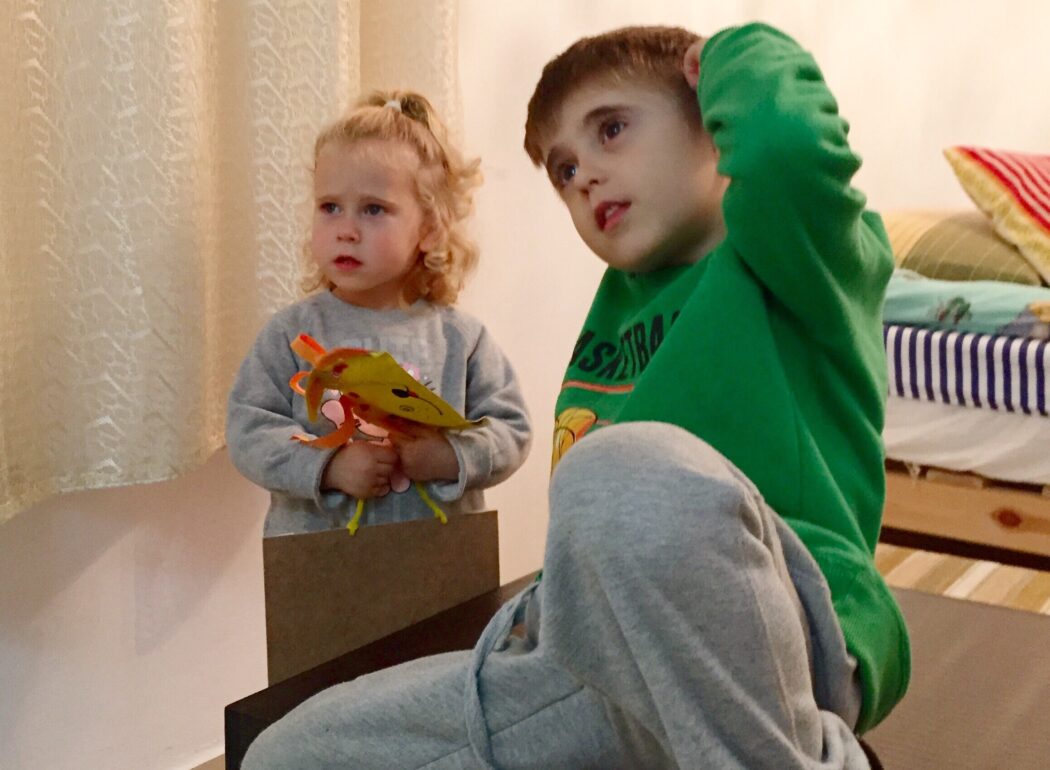In one way or another, Fred Rogers has impacted your life. Maybe you grew up watching Mister Rogers’ Neighborhood and listening to the iconic song, “Won’t You Be My Neighbor?”. Many of us sang in our heads, “Won’t You Be My Neighbor?” the way Mister Rogers would sing. All while trying to imitate him as he hangs his coat and puts on a cozy sweater.
Fred Rogers directly impacted children’s lives and changed how children’s television was produced. Mr.Rogers felt a responsibility to help give children the tools to go through all the modes of life. He was using kindness and love at the forefront of his message. Fred’s love gave people a sense of comfort, which the world needs a little reminder of.
I asked my dad, who grew up watching Mister Rogers’ Neighborhood in the 70s, how Mr. Rogers impacted him. He responded, “well, he always seemed so nice to everyone.” “Always happy; he made you feel like everything was going to be okay.” The way he spoke to the camera made you feel like he was speaking directly to you.” When I asked my mom what she thinks of Fred Rogers, she said, “I remember Mister Rogers being so kind.” “He would take us on adventures, treating everyone equally no matter who they were and their occupation. He taught me to treat everyone with kindness, dignity, and respect”.
962613|http://wfsu.org/education/wp-content/uploads/2023/01/Mister_Rogers_19314130333931-150×150.jpg
This June 8, 1993 file photo shows Fred Rogers, right, during a rehearsal with David Newell, a.k.a. Speedy Delivery’s Mr. McFeely, for a segment of his television program Mister Rogers’ Neighborhood in Pittsburgh. (AP Photo/Gene J. Puskar)
Television and Dreams
Next, we go back to when Fred Rogers was a senior at Rollins College in 1950. Although he was studying music, he recognized that working in television was a calling he needed to explore. Fred came home to see a brand-new television in his family’s living room. He immediately imagined how this technology could change the world and be a powerful tool in children’s education. Fred started working at WQED in Pittsburg in 1953 and helped create the first television station that was community-supported. In 1968, Mister Rogers’ Neighborhood aired for the first time.
Mister Rogers hosted 895 episodes, captivating children with life lessons in meaningful, difficult conversations. He found a way to explain these lessons that are usually hard for adults to explain to children. Some topics include death, divorce, and assassination, concepts scary for children. When they hear the world talking about these big words, they may not know the meaning or how to identify related feelings.
962608|http://wfsu.org/education/wp-content/uploads/2023/01/Mr_Rogers_19313829419422-150×150.jpg
This June 8, 1993 file photo shows Fred Rogers during a rehearsal for a segment of his television program Mr. Rogers’ Neighborhood in Pittsburgh. (AP Photo/Gene J. Puskar)
Emotional Intelligence
In one episode, Mister Rogers is asked, “What do you do with the mad that you feel?”. Mister Rogers was asked this question by a child he met, which led him to create a song about it. I love this question because many people, children, and adults, need help knowing what to do with their feelings. Am I seeking revenge? Do I want to cause someone pain? Do I scream?
According to Mister Rogers’s song, “It’s great to be able to stop when you’ve planned a thing that’s wrong.” This is a good reminder and an important message for everyone to learn. The song helps young children identify feelings and better understand how to deal with the “mad that we feel.”
Let us practice the virtues of Fred Rogers. Make someone feel valued, loved, appreciated, and respected. Let’s continue to be lifelong learners and open to new experiences. Although the show stopped production in 2001, the messages are universally relevant today. There is no better time than now to make your family, friends, and neighbors feel loved.


